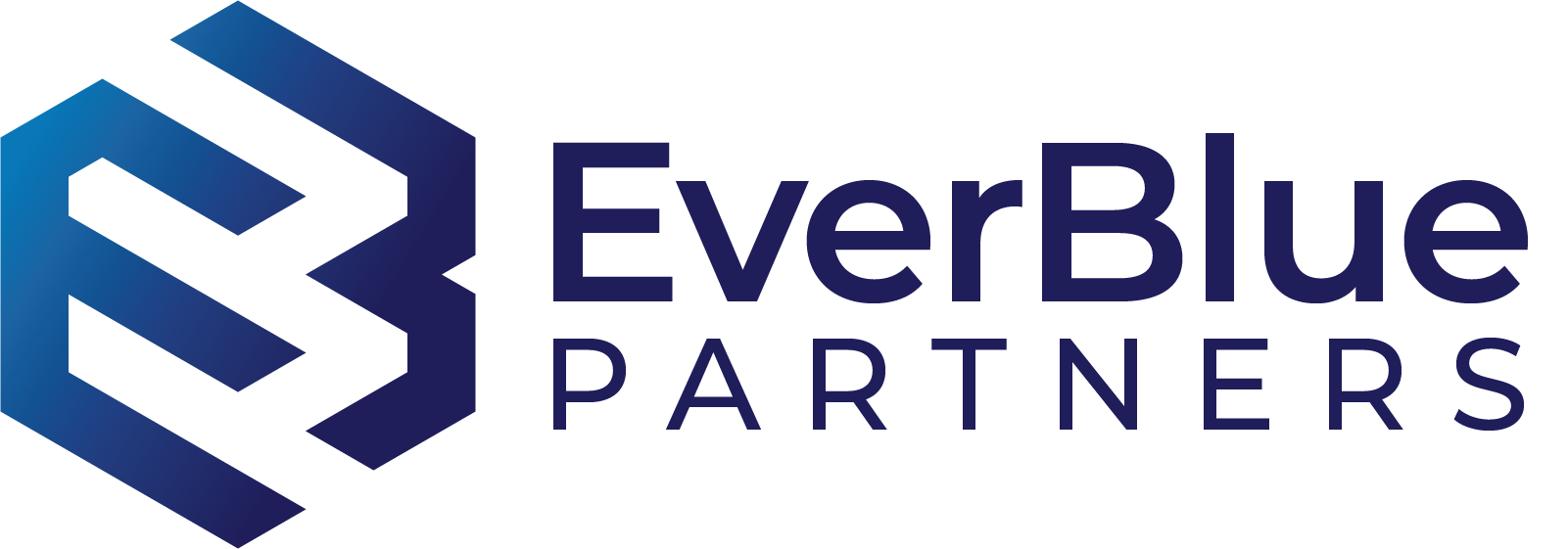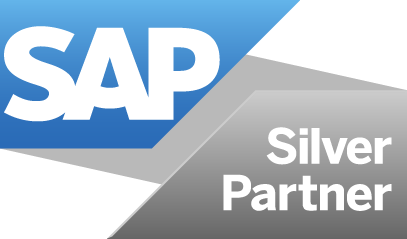At Sapphire 2024, I had the amazing opportunity to sit down with Margaret Anderson, SVP at SAP, and Kimberly Burke, VP at Cargill, at the SAP SAPPHIRE and ASUG Annual Conference in Orlando. We shared the stage to talk about three key pillars that can supercharge your career: mentorship, sponsorship, and allyship. These ideas aren’t just buzzwords—they’re proven strategies for growing your career and making a meaningful impact. Here’s what we covered.
Building Relationships: Mentorship, Sponsorship, and Allyship
Jumpstarting Your Personal and Professional Growth Journey
Building and Adapting Your Plan
#1 – Building Relationships: Mentorship, Sponsorship, and Allyship

Mentorship: The Gateway to Growth
Mentorship is often the first step in professional development. A mentor provides guidance, knowledge, and support, helping mentees navigate the complexities of their careers. This relationship fosters both personal and professional growth, offering a safe space to share challenges, seek advice, and gain new perspectives. According to the McKinsey study, mentorship significantly boosts career satisfaction and advancement. Women with mentors are more likely to be promoted and feel a stronger sense of belonging at work. It’s crucial to seek mentors who can provide specific insights relevant to your career aspirations.
One idea shared during the panel was the concept of having a Personal Board of Directors (PBOD). This powerful tool leverages the diverse expertise and support of trusted advisors, helping you navigate your career path more effectively, seize new opportunities, and achieve your goals. Building and maintaining a PBOD requires effort and adaptability, but the benefits far outweigh the investment. As your career progresses, your PBOD can offer strategic guidance, accountability, and support, propelling you toward success.

Sponsorship: The Pathway to Advancement
While mentorship is valuable, sponsorship takes the relationship a step further. A sponsor actively advocates for their protégé, opening doors to new opportunities and championing their advancement within the organization. Sponsors leverage their influence and networks to ensure their protégés are considered for high-stakes projects and leadership roles. The McKinsey research shows that women with sponsors are more likely to ascend to senior leadership positions. Sponsorship creates a tangible pathway for career progression, transforming potential into opportunity. Women must seek out sponsors who can guide and actively promote their growth within the organization.
The panel emphasized the importance of diverse work experience and gaining sponsorship outside of your direct line of management. Having a sponsor outside of your direct management can significantly enhance your career growth. These sponsors offer broader perspectives, increase your visibility, provide unbiased advocacy, and open doors to diverse opportunities. By expanding your network and gaining support from various parts of your organization, you position yourself for significant and sustained career advancement.

Allyship: Enhancing the Journey
Allyship is a critical enhancer in the career advancement journey. Allies use their position and privilege to support and advocate for colleagues from underrepresented groups. Allyship involves recognizing and addressing systemic barriers, fostering an inclusive environment, and championing diversity and equity. The McKinsey study emphasizes the impact of allyship on workplace culture. When allies actively support women and other marginalized groups, it leads to a more inclusive and equitable workplace, essential for creating an environment where diverse talent can thrive.
Dr. Dolly Chugh’s book, “The Person You Mean to Be: How Good People Fight Bias,” offers invaluable insights into the power of allyship and provides practical strategies for becoming an effective ally. By recognizing implicit biases, practicing humility, listening, learning from others, and taking actionable steps to promote inclusivity, individuals can significantly contribute to creating more equitable environments.
#2 – Jumpstarting Your Personal and Professional Growth Journey
The journey to personal and professional growth begins with the individual. While mentorship, sponsorship, and allyship are critical, the responsibility of initiating and driving this journey rests on oneself. It’s essential to take proactive steps towards growth, leveraging the support systems available while being accountable for one’s development.

Taking Initiative
Personal and professional growth requires a proactive approach. Waiting for opportunities to come your way is a passive strategy that seldom yields significant results. Instead, take the initiative to seek out mentors, build networks, and identify sponsors who can support your career aspirations. Be clear about your goals and communicate them effectively to those who can help you achieve them.
Saying yes to the right things is a strategic skill that requires clarity of purpose, realistic assessment of your capacity, and an understanding of the potential impact. By aligning opportunities with your goals and values, prioritizing growth and learning, and embracing challenges, you can make decisions that propel you toward success. Equally, knowing when to say no is vital to protect your well-being and maintain focus on what truly matters.
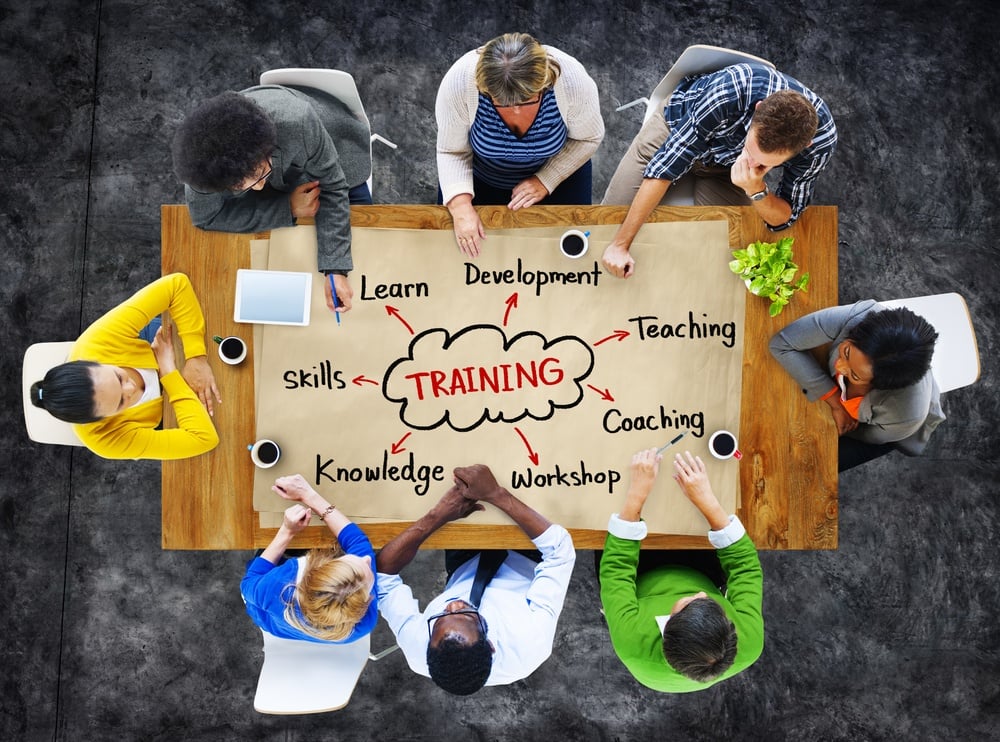
Continuous Learning and Development
Investing in continuous learning and skill development is crucial. The professional landscape is constantly evolving, and staying relevant requires ongoing education and adaptation. Attend workshops, pursue advanced certifications, and engage in activities that enhance your skill set. This not only increases your value to the organization but also boosts your confidence and readiness to take on new challenges.
Successfully integrating new learning into your work and gaining recognition without appearing boastful involves a strategic approach. By applying new skills consistently, seeking feedback, and continuously reflecting and adjusting, you ensure effective integration of your learning. To gain recognition, let your work speak for itself, share knowledge generously, use subtle self-promotion techniques, leverage advocates, and align your achievements with organizational goals.

Embracing Challenges and Opportunities
Growth often comes from stepping out of your comfort zone. Embrace challenging assignments and seek opportunities that stretch your capabilities. This not only demonstrates your willingness to take risks but also showcases your potential to handle greater responsibilities. Remember, every challenge is an opportunity to learn and grow.
Embracing the right challenges and opportunities involves a combination of shifting your mindset, building confidence, leveraging support, taking strategic risks, and advocating for yourself. By adopting these strategies, women can overcome self-doubt, recognize their worth, and confidently pursue opportunities that align with their goals and aspirations.
#3 – Building and Adapting Your Plan
Success in personal and professional growth is not just about having a plan; it’s about building a robust plan, working diligently towards it, and being adaptable enough to change course when necessary.
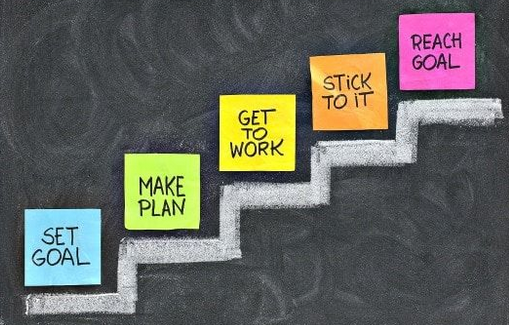
Building a Strategic Plan
Start by setting clear, achievable goals. Outline the steps required to reach these goals and identify the resources and support you will need. A strategic plan acts as a roadmap, guiding your actions and keeping you focused on your objectives. Regularly review and adjust your plan to ensure it remains aligned with your evolving aspirations and the changing professional landscape.
Incorporate a timeline into your strategic plan, breaking down your goals into short-term, mid-term, and long-term objectives. This helps create a sense of urgency and ensures you allocate sufficient time and resources to each stage of your plan. Use tools like Gantt charts or project management software to visualize your timeline and track progress effectively.
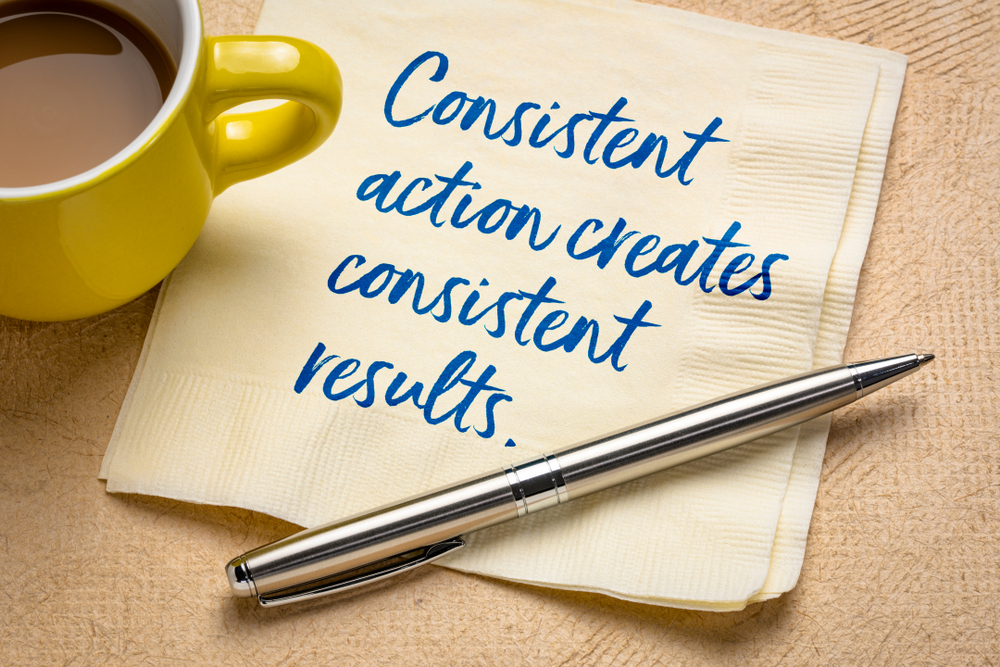
Executing the Plan with Commitment
Once your plan is in place, it’s essential to execute it with commitment and consistency. This involves prioritizing tasks, managing your time effectively, and staying disciplined in your efforts. Track your progress and celebrate milestones to maintain motivation and momentum.
To ensure you stay on track, establish regular check-ins and accountability mechanisms. This could involve weekly reviews of your progress, setting up accountability partners, or using productivity apps to monitor your daily tasks and deadlines. Regular check-ins help you stay focused, make necessary adjustments, and keep your long-term goals in sight while managing day-to-day responsibilities.

Adapting to Change
No plan is foolproof, and the ability to adapt is crucial for long-term success. Be open to feedback and willing to make adjustments based on new information or changing circumstances. Flexibility allows you to pivot when necessary and take advantage of unforeseen opportunities. Embrace change as a natural part of the growth process and view setbacks as learning experiences.
Practice regular reflection on your progress and environment. Set aside time each month to review what has worked well, what challenges have arisen, and how your goals or circumstances have shifted. This regular reflection enables you to make incremental adjustments, ensuring you stay agile and responsive to ongoing changes.

Building relationships through mentorship, sponsorship, and allyship is a powerful strategy for career growth and progression. These relationships, coupled with personal initiative and a well-constructed, adaptable plan, create a solid foundation for success. The McKinsey & Company study underscores the importance of these elements in fostering an inclusive and equitable workplace where women can thrive. For further insights on cultivating meaningful connections, I highly recommend reading “The Lost Art of Connecting” by Susan McPherson, which offers valuable strategies for building and maintaining professional relationships.
As we navigate our professional journeys, let’s remember that while support from others is invaluable, the drive to grow and succeed ultimately begins with us. By taking charge of our growth, seeking out meaningful relationships, and being adaptable, we can pave the way for our career advancement and create a positive impact in our workplaces and beyond.

Kimberly Sharp
Managing Partner and Chief People Officer
“At the SAP SAPPHIRE and ASUG Annual Conference, I had the privilege of discussing how mentorship, sponsorship, and allyship are essential for career growth. These pillars provide guidance, open doors, and foster inclusive environments, enabling professionals to navigate their career paths effectively and achieve their goals.”
United States:
1160 Battery Street East, Suite 100, San Francisco, California, 94111
Canada:
One Dundas Street West, Suite 2500, Toronto, Ontario, M5G 1Z3
Brazil:
8th Floor, 90, Dolorez Alcaraz Caldas Ave., Praia de Belas, Porto Alegre, Rio Grande do Sul, 90110-180
